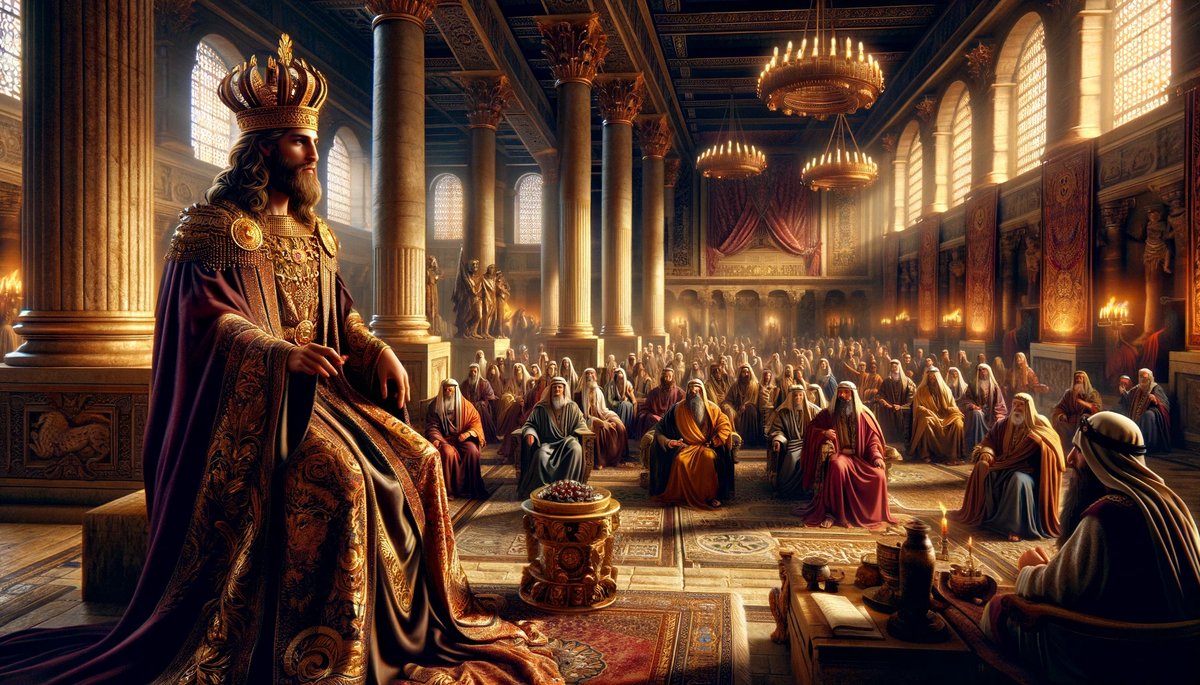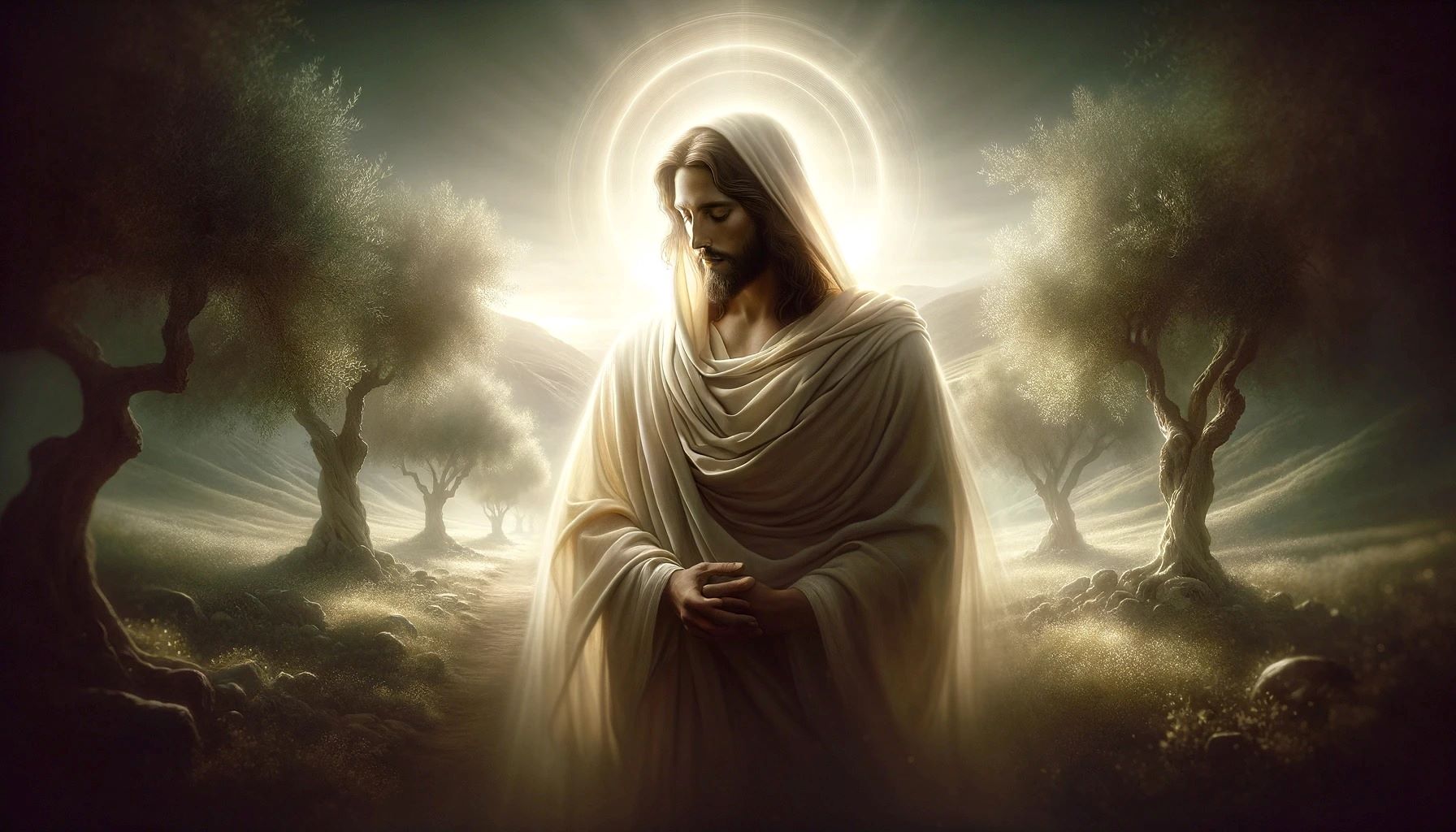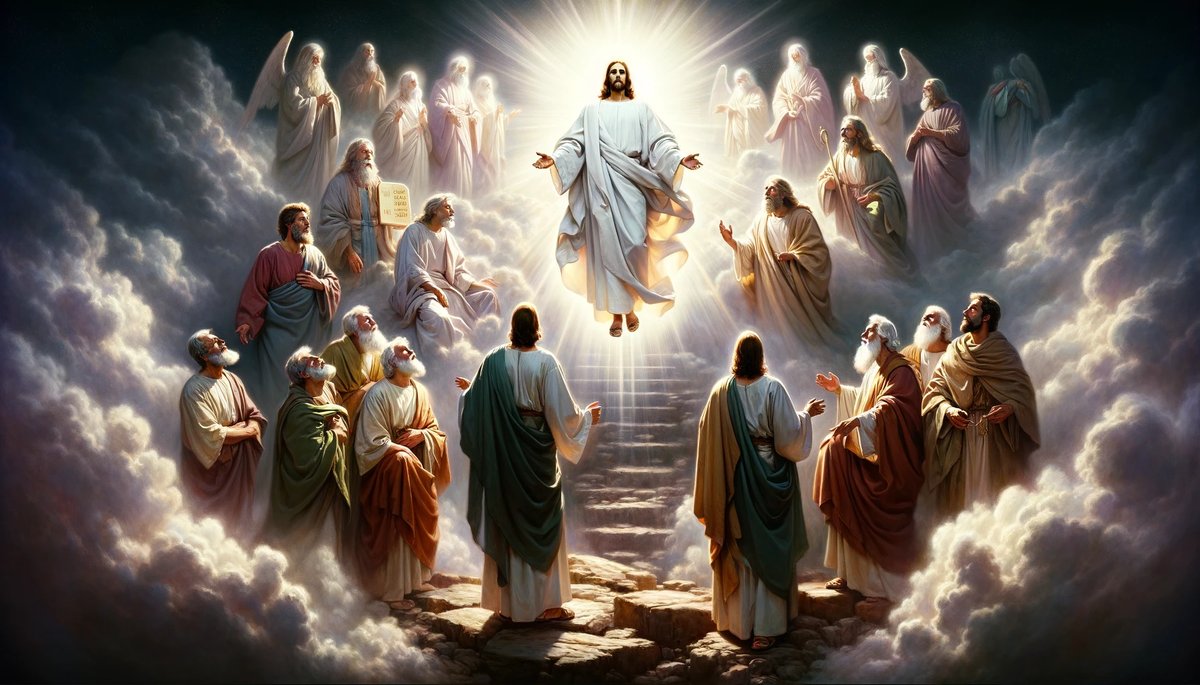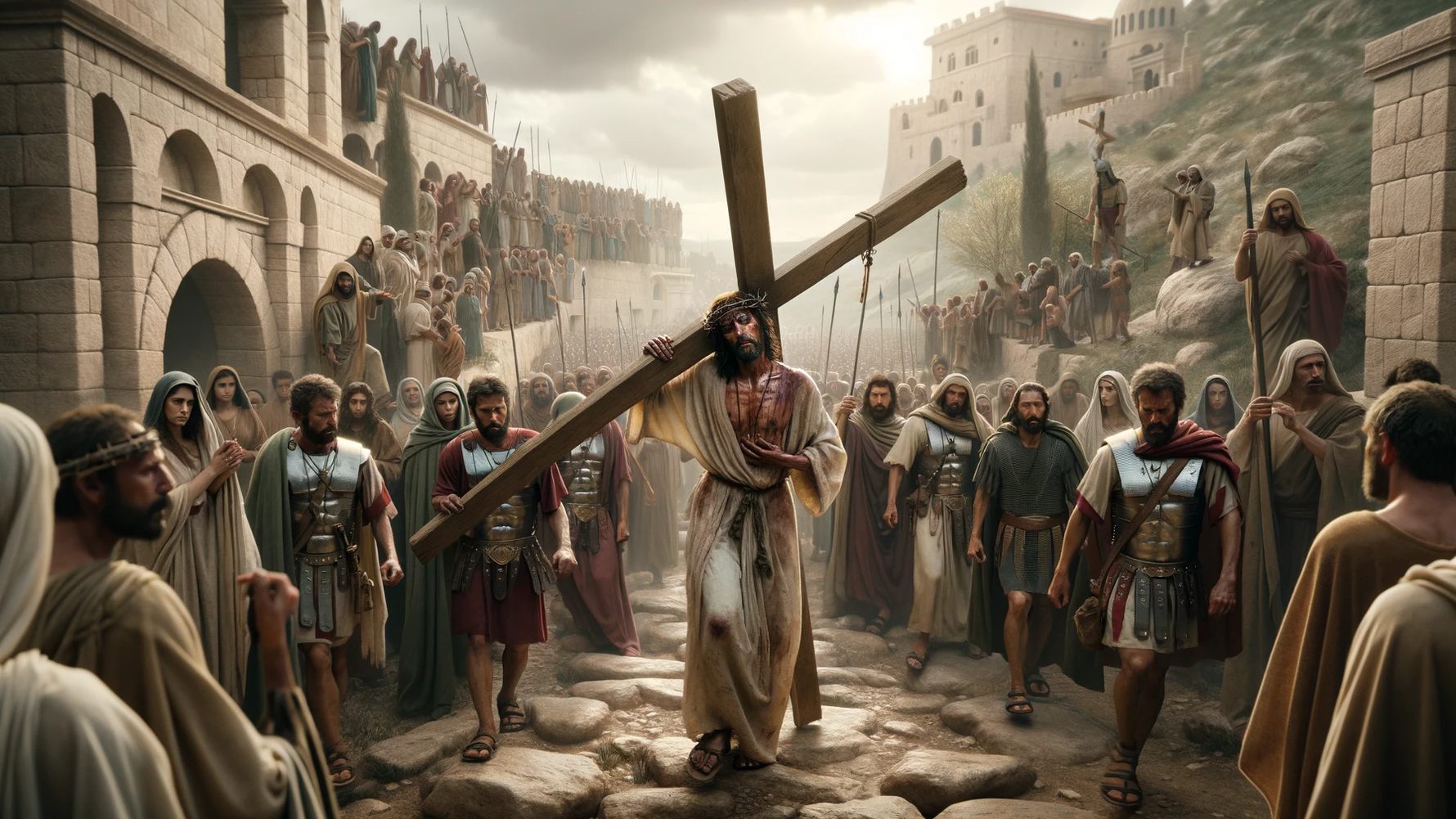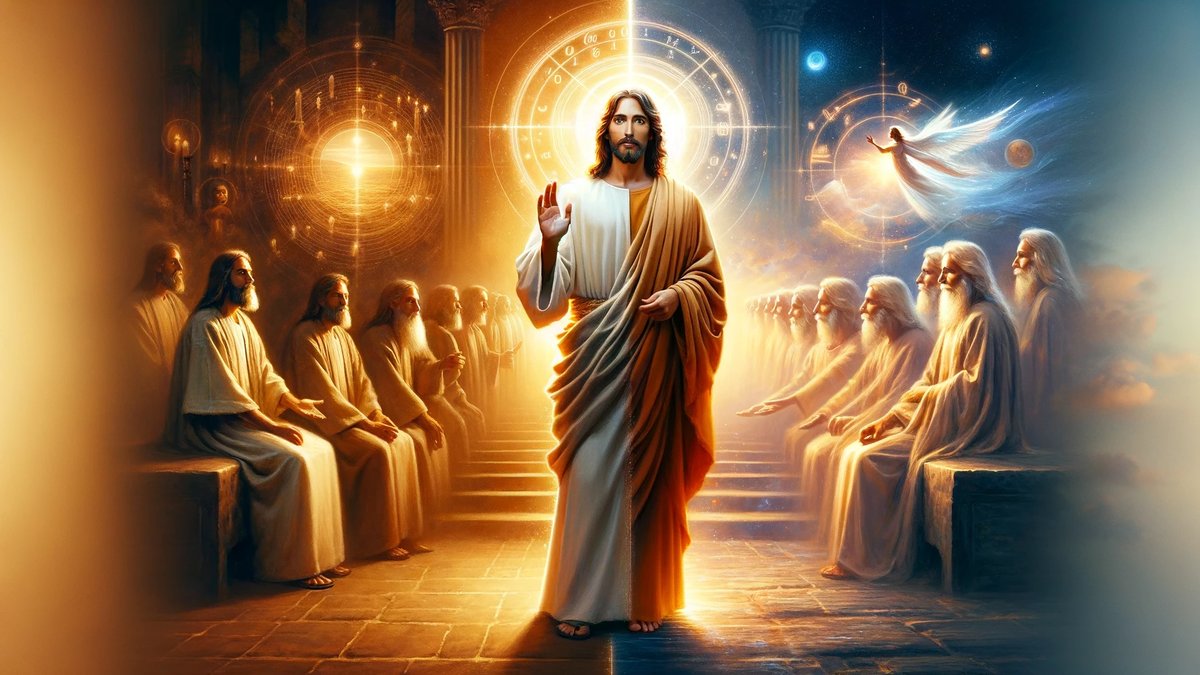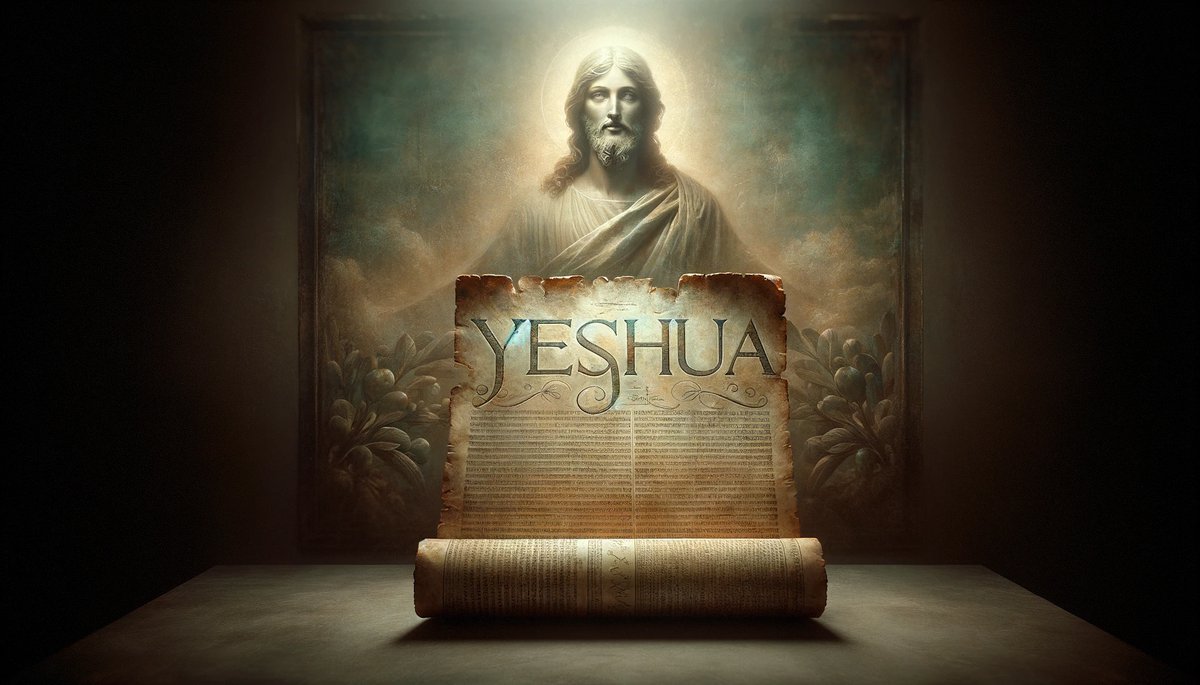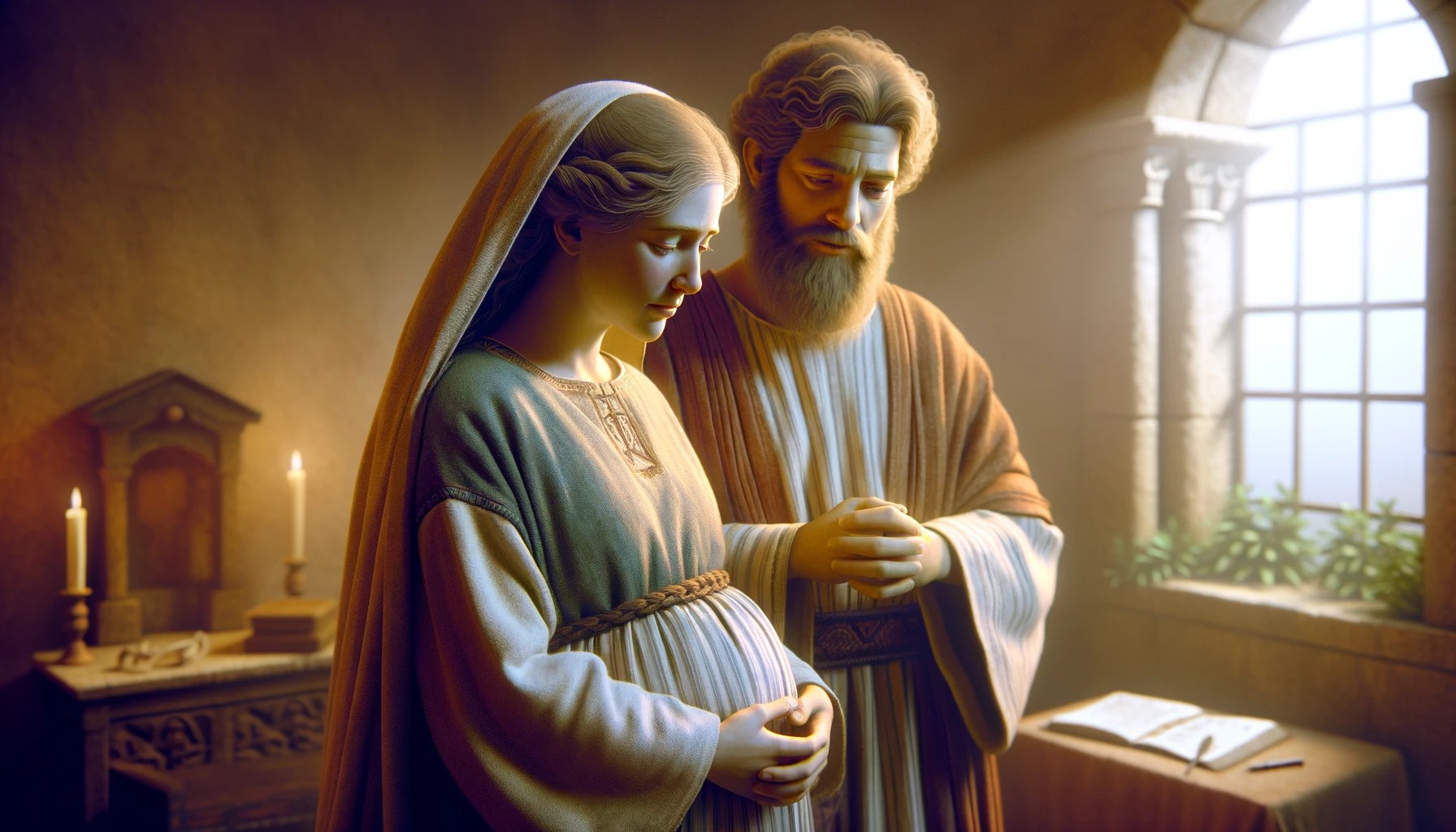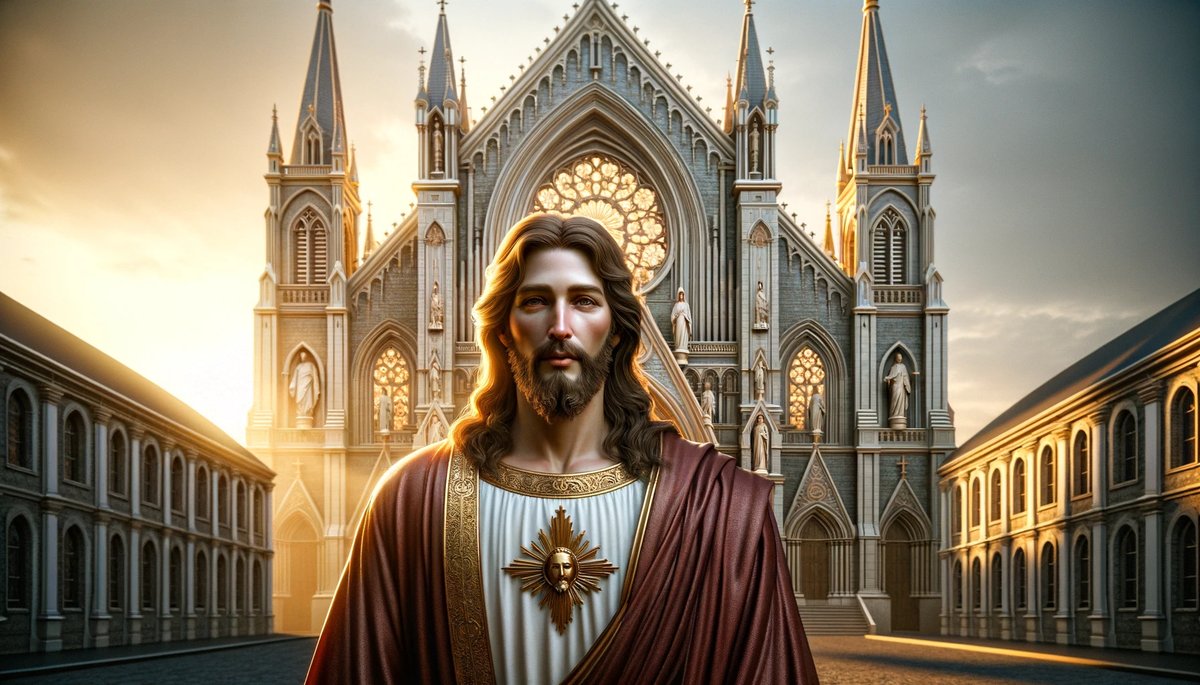Home>Christian Videos>Bible Stories>What Is The Date Jesus Christ Was Born
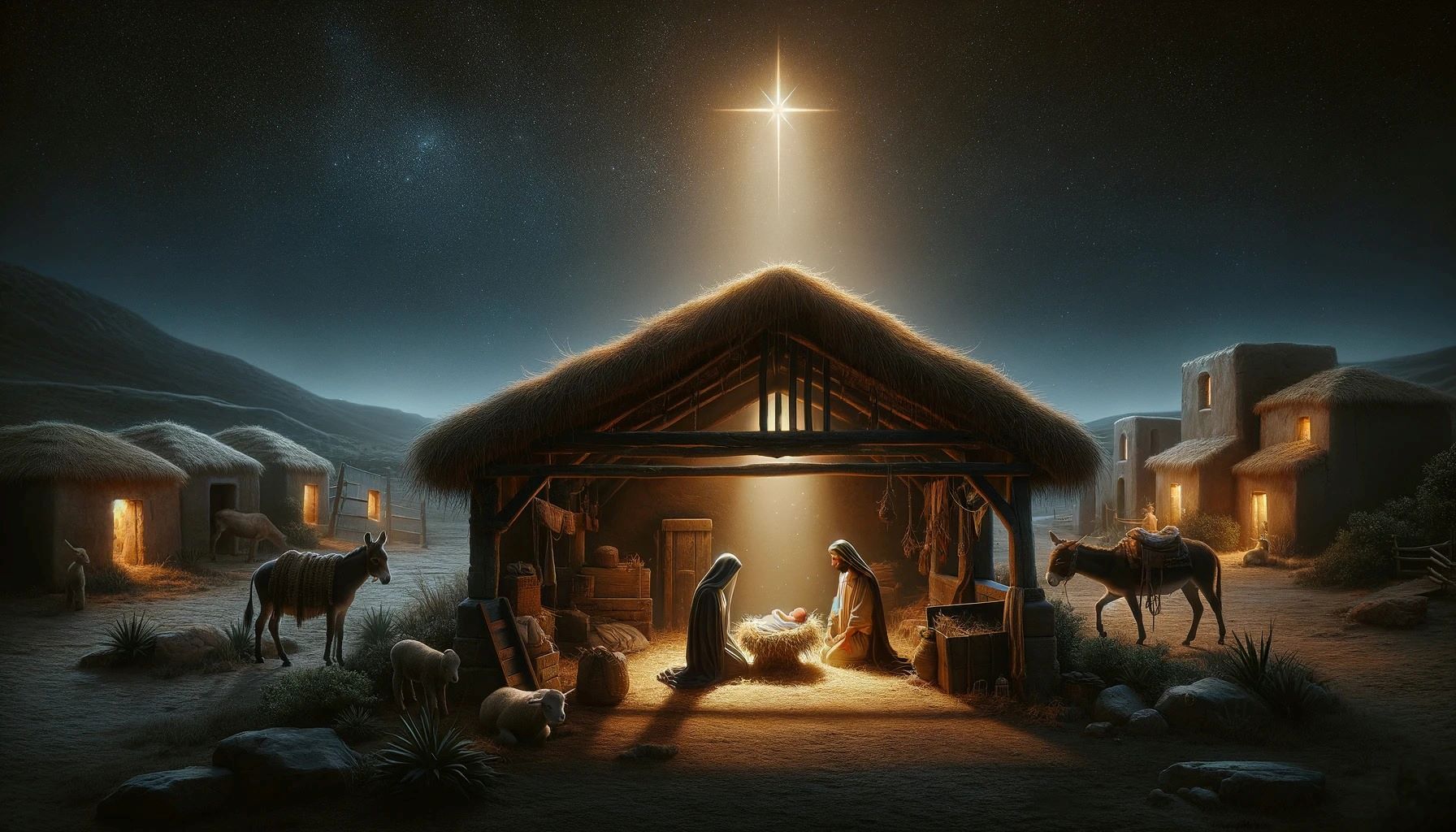

Bible Stories
What Is The Date Jesus Christ Was Born
Published: February 29, 2024
Jason DeRose, Managing Editor at Christian.net, uses his expertise in religion and journalism to deepen understanding of faith's societal impacts. His editorial leadership, coupled with a strong academic background, enriches the platform’s diverse content, earning him recognition in both journalism and religious circles.
Discover the biblical account of the birth of Jesus Christ and the significance of this event in the context of Bible stories. Explore the historical and religious perspectives on the date of Jesus' birth.
(Many of the links in this article redirect to a specific reviewed product. Your purchase of these products through affiliate links helps to generate commission for Christian.net, at no extra cost. Learn more)
Table of Contents
Introduction
When it comes to the birth of Jesus Christ, there is a question that has intrigued scholars, theologians, and believers for centuries: What is the date Jesus Christ was born? The birth of Jesus is a pivotal event in Christianity, and the exact date of his birth has been a topic of much debate and speculation. In this article, we will delve into the historical context of Jesus Christ's birth, explore the various theories and evidence surrounding his birth date, and discuss the significance of celebrating Christmas on December 25th. So, let's embark on a journey to unravel the mystery surrounding the date of Jesus Christ's birth.
Read more: What Continent Was Jesus Christ Born In
The Historical Context of Jesus Christ's Birth
The birth of Jesus Christ is a significant event in the history of Christianity. According to the New Testament of the Bible, Jesus was born in Bethlehem during the reign of Herod the Great. This historical context provides a framework for understanding the time period in which Jesus was born. The Roman Empire exerted its influence over the region, and the Jewish people were living under Roman occupation. The political and social climate of the time played a crucial role in shaping the events surrounding Jesus' birth, as it set the stage for the fulfillment of prophecies and the arrival of the long-awaited Messiah.
The Gospels of Matthew and Luke provide detailed accounts of the events leading up to and following the birth of Jesus. These narratives offer insights into the cultural and religious landscape of the time, shedding light on the customs, traditions, and beliefs prevalent in ancient Judea. Understanding the historical context of Jesus Christ's birth is essential for comprehending the significance of his arrival and the impact it had on the religious and political dynamics of the era.
The historical context of Jesus Christ's birth also encompasses the prophetic expectations and religious fervor that characterized the period. The anticipation of a savior, foretold by the prophets of the Old Testament, permeated the collective consciousness of the Jewish people. The birth of Jesus was seen as the fulfillment of these ancient prophecies, marking the dawn of a new era in the divine plan for humanity. The convergence of historical, cultural, and religious factors underscores the profound significance of Jesus Christ's birth and its enduring impact on the development of Christianity.
The Debate Over the Date of Jesus Christ's Birth
-
Absence of Explicit Date: One of the primary reasons for the debate over the date of Jesus Christ's birth is the absence of an explicit date in the biblical accounts. The Gospels of Matthew and Luke provide detailed narratives of the events surrounding Jesus' birth, including the visit of the Magi, the shepherds in the fields, and the decree of Caesar Augustus. However, neither of these accounts specifies the exact date of Jesus' birth, leading to scholarly and theological discussions about when this momentous event actually occurred.
-
Diverse Interpretations: The lack of a specific date in the biblical texts has led to diverse interpretations and speculations regarding the timing of Jesus' birth. Different scholars and theologians have proposed various theories based on historical, astronomical, and cultural evidence, contributing to the ongoing debate about the precise date of this pivotal event in Christian history.
-
Influence of Pagan Festivals: Another aspect that fuels the debate is the influence of pagan festivals and the early Christian efforts to supplant these celebrations with the observance of Jesus' birth. The selection of December 25th as the date for Christmas, for instance, was influenced by the Roman festival of Saturnalia and the celebration of the winter solstice. This historical context has prompted discussions about whether December 25th is indeed the authentic date of Jesus Christ's birth or if it was chosen for symbolic or strategic reasons.
-
Variations in Traditions: Furthermore, the debate over the date of Jesus Christ's birth is compounded by variations in traditions and calendars. Different Christian denominations and cultures have their own customs and liturgical calendars, leading to a diversity of practices and observances related to Christmas. The discrepancies in these traditions have contributed to the ongoing scholarly discourse on the historical and chronological aspects of Jesus' birth.
-
Interdisciplinary Inquiries: The debate over the date of Jesus Christ's birth has also spurred interdisciplinary inquiries, involving fields such as history, archaeology, astronomy, and religious studies. Scholars have sought to integrate diverse sources of evidence, ranging from ancient texts and inscriptions to celestial phenomena, in an effort to shed light on the timing of Jesus' birth. These multidisciplinary investigations have added complexity to the discussion and underscore the enduring fascination with unraveling the mystery of when Jesus was actually born.
In summary, the debate over the date of Jesus Christ's birth is a multifaceted and enduring topic that continues to captivate the interest of scholars, theologians, and believers. The absence of a specific date in the biblical accounts, coupled with diverse interpretations, historical influences, variations in traditions, and interdisciplinary inquiries, has contributed to the ongoing discourse surrounding this pivotal event in Christian history.
Theories and Evidence Surrounding Jesus Christ's Birth Date
-
The Census of Quirinius: One prominent theory regarding the date of Jesus Christ's birth revolves around the census of Quirinius, mentioned in the Gospel of Luke. This census, conducted by the Roman governor Quirinius, is historically documented to have taken place around 6-7 CE. Some scholars propose that this census provides a chronological marker for dating the birth of Jesus, placing it during the time of the census. However, this theory has been met with scrutiny due to the discrepancies in the timing of Quirinius' rule and the challenges in reconciling the census with the reign of Herod the Great, as described in the Gospel of Matthew.
-
Astronomical Alignments: Another intriguing line of inquiry involves astronomical alignments and celestial events that may offer clues to the date of Jesus Christ's birth. Some researchers have explored the possibility of a significant astronomical occurrence, such as a conjunction of planets or a supernova, that could have been observed around the time of Jesus' birth. The search for astronomical evidence has led to investigations of historical celestial phenomena and their potential correlation with the birth of Jesus, presenting a compelling yet speculative avenue for determining the date.
-
Jewish Calendar and Festivals: The Jewish calendar and its festivals have also been a focal point for discerning the timing of Jesus Christ's birth. Some scholars have proposed connections between Jesus' birth and the Jewish festival of Sukkot (Tabernacles) or the festival of Hanukkah, based on symbolic or theological considerations. These theories draw on the religious and cultural context of Jesus' Jewish heritage, seeking to align his birth with significant dates within the Jewish calendar and religious observances.
-
Historical Context and Herodian Era: Delving into the historical context of the Herodian era, scholars have examined the reign of Herod the Great and the events surrounding his rule to establish a framework for dating Jesus' birth. By analyzing historical records, archaeological findings, and the political landscape of Judea during Herod's reign, researchers have sought to situate the birth of Jesus within the broader historical narrative, drawing on the interactions between Roman governance, Jewish society, and the religious milieu of the time.
-
Early Christian Traditions and Liturgical Calendars: The early traditions of the Christian church and the development of liturgical calendars have also influenced theories about the date of Jesus Christ's birth. Different Christian traditions and ancient liturgical practices have offered varying perspectives on the timing of Christmas, reflecting the diversity of historical observances and the evolution of Christian customs. These traditions, rooted in the early centuries of Christianity, have contributed to the rich tapestry of theories and evidence surrounding the dating of Jesus' birth.
-
Interdisciplinary Investigations: Interdisciplinary investigations, drawing on fields such as history, archaeology, astronomy, and religious studies, have sought to synthesize diverse sources of evidence in the quest to determine the date of Jesus Christ's birth. By integrating historical records, ancient texts, astronomical data, and cultural contexts, scholars have engaged in multidisciplinary inquiries to unravel the mystery of when Jesus was born, fostering a holistic approach to understanding the chronological and historical dimensions of this pivotal event.
In summary, the theories and evidence surrounding Jesus Christ's birth date encompass a wide array of scholarly inquiries, ranging from historical and astronomical investigations to the exploration of religious traditions and cultural contexts. The quest to pinpoint the precise date of Jesus' birth continues to inspire rigorous scholarship and interdisciplinary dialogue, reflecting the enduring fascination with unraveling the chronology of this foundational moment in Christian history.
The Significance of Celebrating Christmas on December 25th
The celebration of Christmas on December 25th holds profound significance within the Christian tradition, embodying both religious and cultural dimensions that have shaped the observance of Jesus Christ's birth. The choice of December 25th as the date for Christmas has been a subject of historical, theological, and symbolic interpretation, contributing to the rich tapestry of traditions associated with this festive season.
Read more: Why Jesus Christ Was Born
1. Historical Context and Roman Influence
The selection of December 25th for Christmas is intertwined with the historical context of early Christianity and the influence of Roman culture. In the Roman Empire, the festival of Saturnalia, dedicated to the agricultural god Saturn, was celebrated around the time of the winter solstice. This period was marked by feasting, merriment, and the reversal of social roles, reflecting the festive spirit of the season. The Roman celebration of the Natalis Solis Invicti (Birth of the Unconquered Sun) also coincided with the winter solstice, further underscoring the significance of this time as a period of solar rebirth and renewal.
2. Christianization of Pagan Festivals
The Christianization of pagan festivals and the strategic alignment of Christmas with the winter solstice and Saturnalia have been proposed as factors in the selection of December 25th for celebrating Jesus Christ's birth. By appropriating existing cultural and religious observances, early Christian leaders sought to infuse Christian meaning into these festivities, providing a theological framework for the commemoration of Jesus' nativity. The symbolism of light emerging in the midst of darkness, mirrored in the celestial rhythms of the solstice, resonated with the Christian narrative of Jesus as the Light of the World, further reinforcing the association of December 25th with the birth of Christ.
3. Theological Significance and Incarnation
From a theological perspective, the timing of Christmas on December 25th carries profound symbolism related to the incarnation of Jesus Christ. The winter solstice, marking the shortest day and longest night of the year, symbolizes the triumph of light over darkness and the promise of renewal. In Christian theology, the birth of Jesus represents the dawning of divine light in the midst of humanity's spiritual darkness, signifying the fulfillment of God's redemptive plan. The juxtaposition of Christmas with the solstice underscores the theological themes of hope, transformation, and the revelation of God's presence in the world through the person of Jesus Christ.
4. Cultural Traditions and Festive Customs
The celebration of Christmas on December 25th has also given rise to a rich tapestry of cultural traditions and festive customs that have become integral to the holiday season. Through the centuries, diverse customs such as the decoration of evergreen trees, the exchange of gifts, the singing of carols, and the gathering of families have become intertwined with the observance of Christmas, infusing the season with joy, warmth, and a sense of shared community. These cultural expressions, rooted in historical practices and regional variations, contribute to the vibrant tapestry of Christmas traditions that enrich the experience of the holiday.
Read more: What City Was Jesus Christ Born In
5. Liturgical Observance and Christian Unity
Within the liturgical calendar of the Christian church, the celebration of Christmas on December 25th holds a unifying significance, bringing together diverse Christian denominations in the commemoration of Jesus' birth. The shared observance of Christmas on this date fosters a sense of unity and common purpose among believers, transcending denominational differences and cultural diversity. The collective remembrance of the incarnation of Christ serves as a focal point for the global Christian community, reinforcing the foundational tenets of the faith and the central role of Jesus' birth in the Christian narrative.
In summary, the significance of celebrating Christmas on December 25th encompasses a multifaceted tapestry of historical, theological, cultural, and communal dimensions that have contributed to the enduring observance of Jesus Christ's birth on this date. The interplay of historical influences, theological symbolism, cultural traditions, and communal unity underscores the rich and multifaceted significance of December 25th as a time of joy, reflection, and celebration within the Christian faith.
Conclusion
In conclusion, the question of the date of Jesus Christ's birth continues to be a subject of scholarly inquiry, theological reflection, and cultural significance. The historical context of Jesus Christ's birth, the debate over the date, the theories and evidence surrounding his birth date, and the significance of celebrating Christmas on December 25th collectively underscore the enduring fascination with unraveling the mystery of this pivotal event in Christian history. The absence of an explicit date in the biblical accounts, coupled with diverse interpretations, historical influences, variations in traditions, and interdisciplinary investigations, has contributed to the ongoing discourse surrounding the timing of Jesus' birth. The selection of December 25th for Christmas, intertwined with historical, theological, and cultural factors, has enriched the observance of Jesus Christ's birth, fostering a tapestry of traditions and communal unity within the Christian faith. As the quest to determine the date of Jesus Christ's birth continues to inspire rigorous scholarship and contemplation, the enduring significance of this foundational moment in Christian history remains a testament to its enduring impact on the faith and devotion of believers worldwide.

